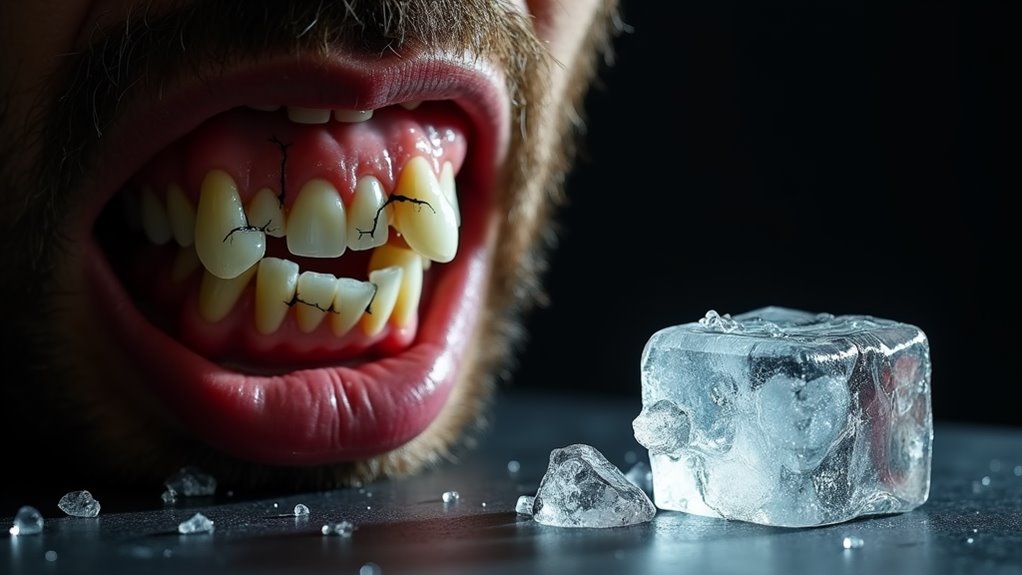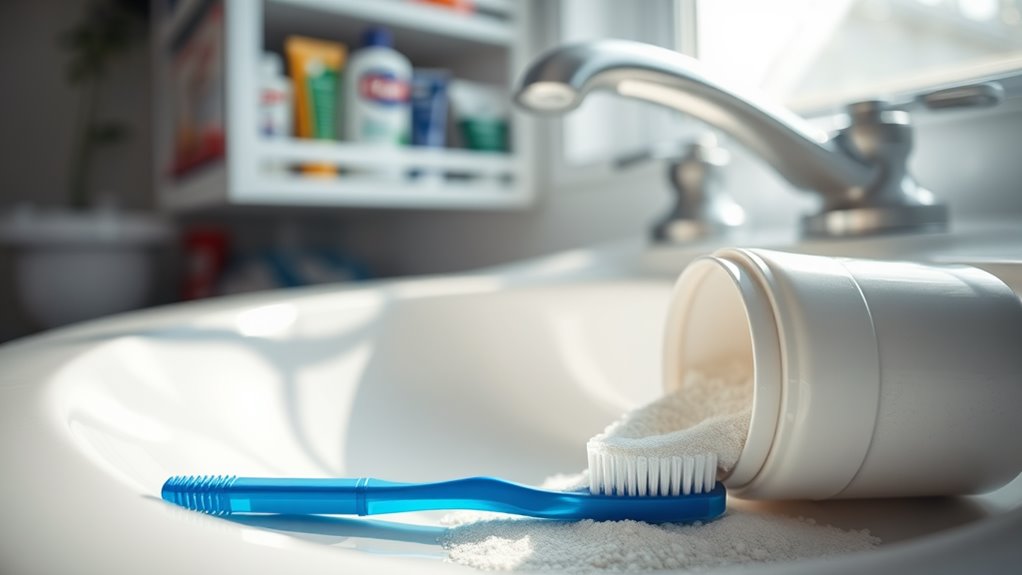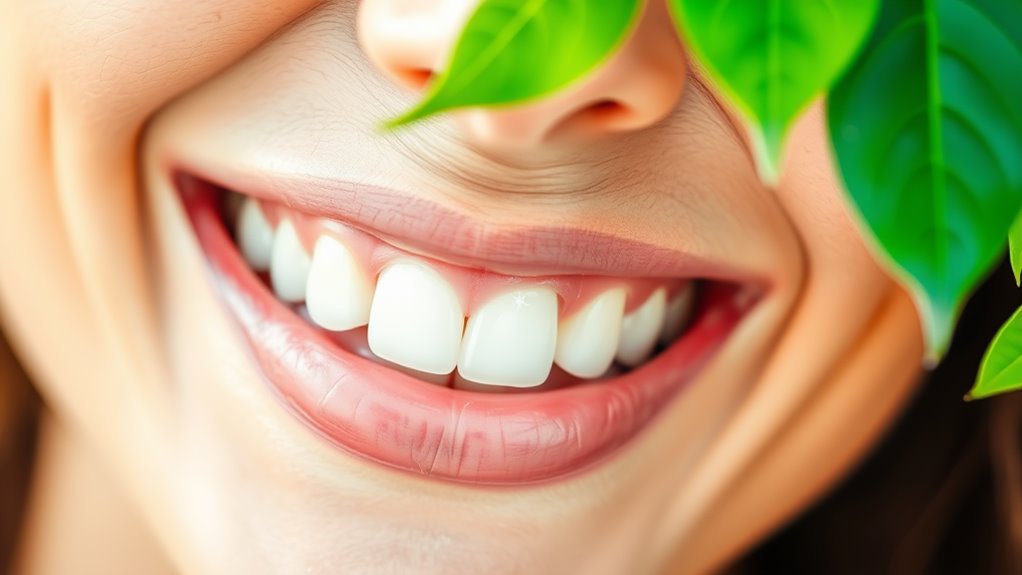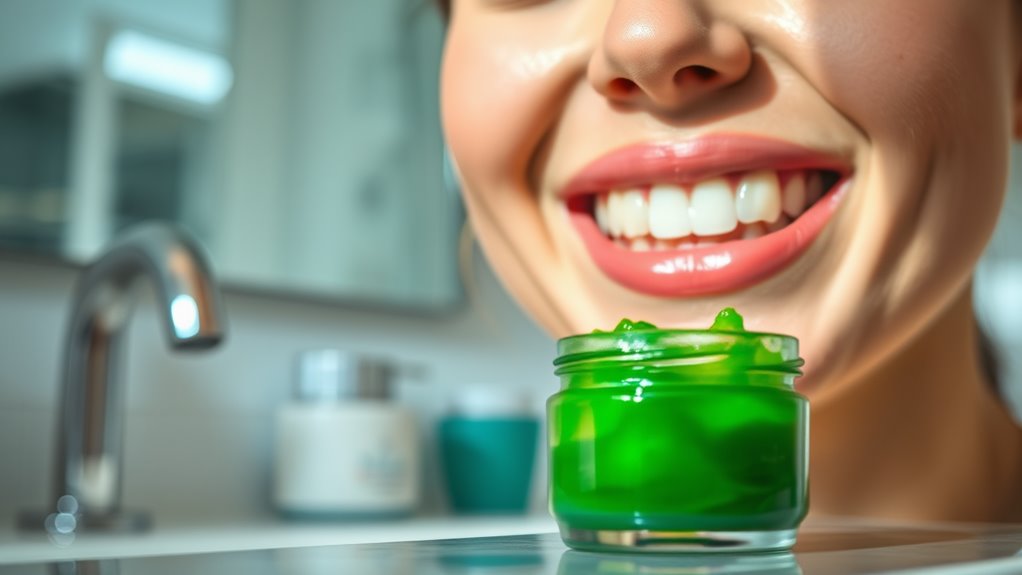Cracked Teeth. This One Daily Habit Could Be the Culprit!
You might not realize it, but your nightly sleep routine could be silently destroying your teeth. That unconscious grinding habit, known as bruxism, creates microscopic cracks that weaken your dental structure over time. While you’re catching those peaceful Z’s, your jaw is working overtime, potentially setting you up for serious dental problems. The good news? Once you understand what’s really happening, you can take steps to protect your smile.
Understanding Teeth Grinding and Its Impact on Dental Health
While many people assume teeth grinding only happens during times of stress, this unconscious habit often occurs during sleep and can severely damage your dental health.
Known medically as bruxism, teeth grinding is one of the leading cracked teeth causes that dentists encounter.
You mightn’t even realize you’re grinding your teeth at night until you experience symptoms like jaw pain, headaches, or worn enamel.
The constant pressure and friction between your upper and lower teeth can create microscopic cracks that worsen over time. These cracks may eventually lead to fractured teeth, requiring expensive repairs or even tooth loss.
Additionally, addressing teeth grinding through stress management and dental consultation is crucial for maintaining overall gum and tooth health.
Modern dentistry offers innovative solutions like custom night guards with built-in pressure sensors that track your grinding patterns.
Signs Your Daily Habits Are Damaging Your Teeth
Even if you maintain regular dental checkups, certain everyday behaviors could be silently wreaking havoc on your teeth.
You’ll notice warning signs if you’re damaging your teeth through daily habits. Watch for increased tooth sensitivity when consuming hot or cold items, which often indicates wearing enamel.
If you spot tiny cracks or chips along your teeth’s edges, you’re likely clenching or grinding. Persistent jaw pain or headaches upon waking suggest nighttime teeth grinding.
Your teeth might show wear patterns that reveal harmful habits. Flattened, dull-looking teeth points to grinding, while notches near the gumline suggest aggressive brushing.
Yellow or transparent edges can indicate acid erosion from citrus fruits or carbonated drinks. If you’re experiencing recurring tooth pain that comes and goes, especially during meals, you might’ve a developing crack that needs immediate attention. Additionally, early detection of these issues is crucial to prevent further damage.
Don’t ignore these signals – they’re your teeth’s way of alerting you to modify damaging behaviors.
Breaking the Grinding Habit: Prevention Strategies
Recognizing teeth grinding symptoms is only half the battle – now it’s time to tackle prevention. Breaking this harmful habit requires a multi-pronged approach that combines modern solutions with lifestyle changes.
Start by investing in a custom-fitted night guard from your dentist. Unlike over-the-counter options, these guards are precisely engineered to protect your teeth while ensuring maximum comfort.
Tech-savvy grinders can try smart devices that detect grinding episodes and gently alert you to relax your jaw.
Transform your evening routine by incorporating stress-reduction techniques. Download meditation apps, try progressive muscle relaxation, or practice jaw exercises designed specifically for grinders. Good oral health can also help mitigate the effects of stress on your teeth.
Cut back on caffeine after 2 PM, and create a “digital sunset” by avoiding screens an hour before bed.
If you’re experiencing daytime grinding, set reminders on your smartphone to check your jaw position throughout the day.
Keep your tongue between your teeth when focused to prevent clenching.
Treatment Options for Cracked Teeth and Bruxism
Once a cracked tooth develops from grinding, you’ll need professional intervention to prevent further damage and restore your smile. Your dentist might recommend advanced treatments like dental bonding, crowns, or in severe cases, root canals to address the structural damage.
For ongoing bruxism management, custom-fitted night guards represent the gold standard in protection. These specially designed appliances create a barrier between your upper and lower teeth, absorbing grinding forces while you sleep.
Modern guards often incorporate innovative materials that offer superior comfort and durability compared to traditional options.
If stress triggers your grinding, you might benefit from cutting-edge therapies like biofeedback devices that alert you to clenching behaviors. Botox injections into the masseter muscles have also emerged as an effective treatment, temporarily reducing grinding force.
Some dentists now combine these approaches with smart monitoring devices that track your grinding patterns, allowing for more targeted intervention strategies. Additionally, maintaining good oral hygiene is crucial, as poor dental care can increase risk of systemic diseases, complicating your overall health.




